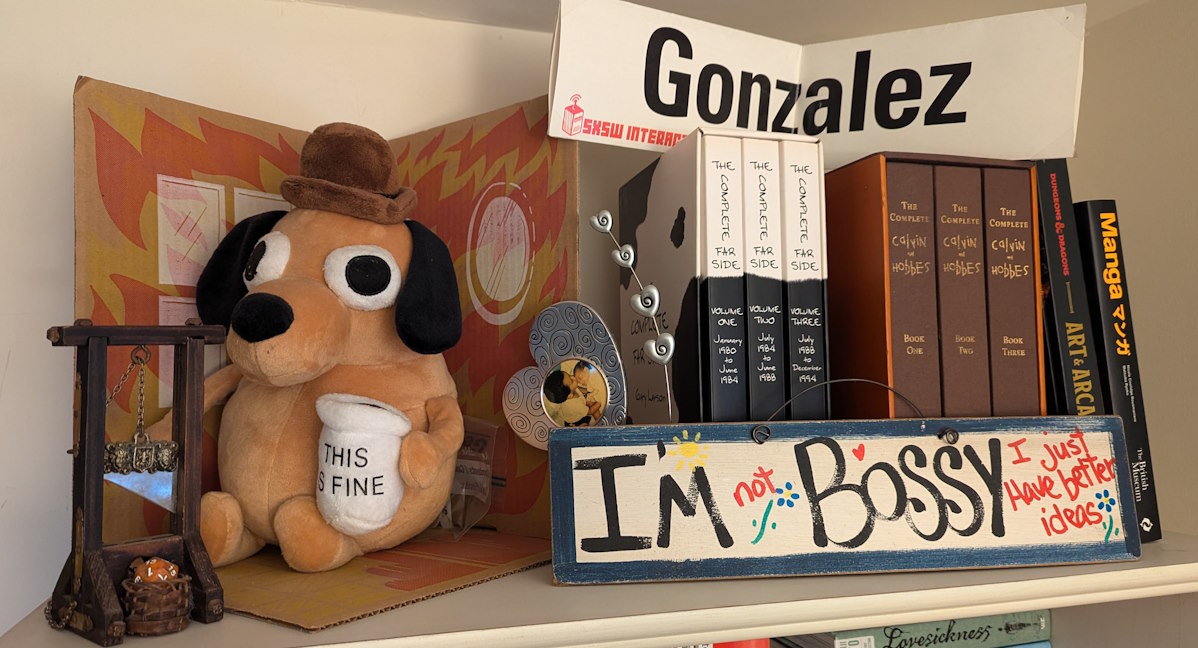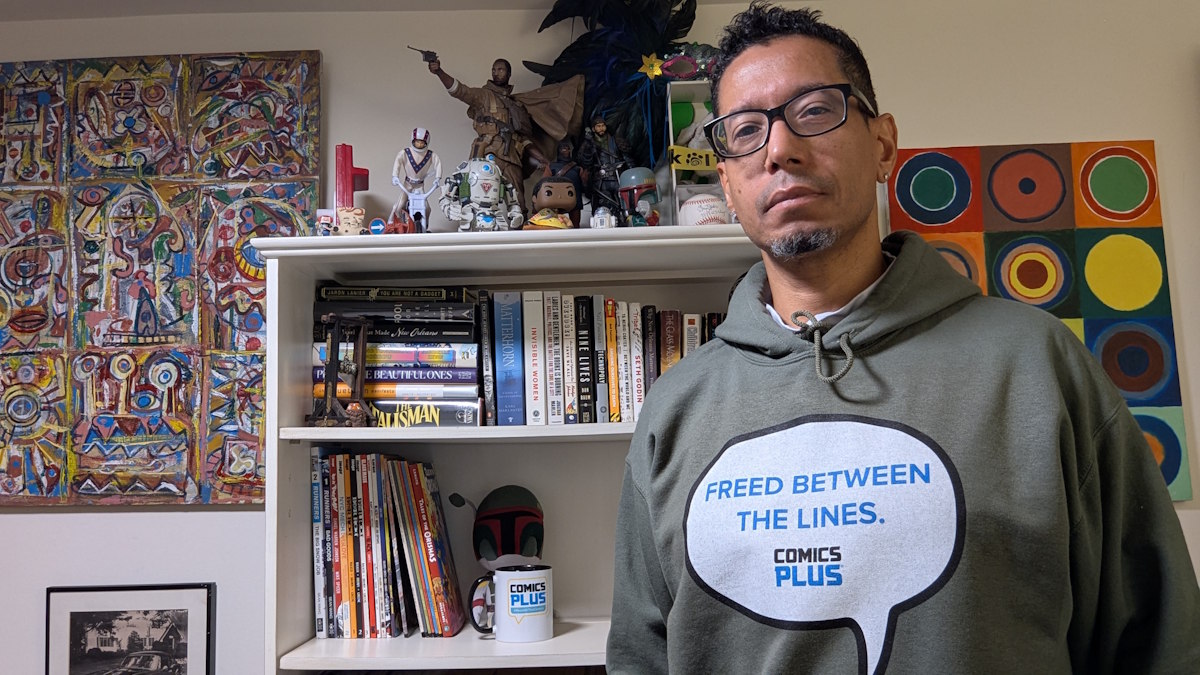
Why Your Book Will Never Be in Borders
The odds are pretty slim, and not just because they’re on the verge of going out of business:
“I market books for a living, so I can tell you an unpleasant truth: the order for any book, from any account, starts at zero,” [Andrew Wheeler, a marketing manager at Wiley] warns. “The publisher’s sales rep walks in the door with tipsheets and covers, past sales figures and promotional plans, to convince that bookseller’s buyer to buy that book… Sometimes, that buyer is not convinced, and the order stays at zero.”
(h/t GalleyCat)
The distribution system in publishing is arguably broken, partly a result of the industry’s major players’ short-term thinking, and partly because the overwhelming number of books being published these days is more than the system can support.
(Writer’s Digest publishes an aptly titled book: Some Writers Deserve to Starve! Think about it.)
And contrary to seemingly popular belief, just because pretty much anyone can get a book listed on Amazon, it doesn’t mean potential readers will know it’s there or buy it if they stumble across it for the exact reason Wheeler notes above: it’s probably not receiving any notable marketing support beyond being tucked in the middle of that season’s catalog.
So if bookshelf space is tightening, and traditional publishers are unable to effectively market all of the books they publish — and even most of the ones that do get some marketing support will still need to be vigorously handsold by their authors to have any hopes of breaking through — self-publishing increasingly becomes a more viable option, especially for poets and niche non-fiction, but perhaps even for genre fiction authors.
And regardless of the route one takes — traditional or self-publishing — the importance of building a marketing plan for your book, and before that, establishing a platform for yourself should now be seen as going hand-in-hand with the actual writing of a book.
Resource: Get Known Before the Book Deal, Use Your Personal Strengths to Grow an Author Platform
ETA: 26th Story, a must-read blog, has an insightful Q&A with agent Larry Kirshbaum who comments on the glut of books being published and offers a smart strategy for dealing with it:
I’d like to see less titles published by the large publishers. The smaller publishers have financial and capacity restraints which tend to keep their lists within the realm of what they can successfully market. The larger publishers, having greater resources (and also larger infrastructures) seem to believe that the larger their lists, the more chances they’ll have for scoring big successes. Unfortunately, even when you have multiple imprints, size no longer works in their favor. (Large publishers tend to have smaller editorial and marketing entities but their sales functions are often centralized.) With our retailers being much more cautious (and not just during the present crisis), too often we see titles that get little display and virtually no promotion dollars. And of course the avalanche of titles is producing huge piles of returns from unsold copies. I would like to see publishers doing more marginal titles electronically — with creative Internet promotion — as their test market, then go to print if there’s a sufficient response. This is not just a matter of ecology (e.g. avoiding waste), it’s promoting the idea that every book that is published physically will get significant attention by the publisher, the retailer and hopefully the consumer. In the long run, authors who do get published will be better served by more attention to the details of marketing their books.
Emphasis mine.
The electronic testing of a book is something an individual author can do just as easily, if not more so, than a publisher these days, and is a smart way to gauge the market for your work before pitching it to a traditional publisher or investing your own money into publishing it yourself.
Related
Discover more from As in guillotine...
Subscribe to get the latest posts sent to your email.
Written by Guy LeCharles Gonzalez
Guy LeCharles Gonzalez is the Chief Content Officer for LibraryPass, and former publisher & marketing director for Writer’s Digest. Previously, he was also project lead for the Panorama Project; director, content strategy & audience development for Library Journal & School Library Journal; and founding director of programming & business development for the original Digital Book World.
3 comments
Keep blogs alive! Drop a comment.Cancel reply
This site uses Akismet to reduce spam. Learn how your comment data is processed.
Trending Posts
Categories
Acentos Advertising Baseball Batman Bloomfield Bronx Cars Comics Community Culture Diversity Ebooks Election Fiction Football Gaming Gigs Hype Interview Kucinich Libraries Marketing Meme Military Movies Music NaNoWriMo New Media Nuyorican Obama PCS Platform Poetry Poetry Slam Politics Racism Random Rant Self-Publishing Shelves Social Media Spindle Transmedia TV Writing





“The electronic testing of a book is something an individual author can do just as easily, if not more so, than a publisher these days…” – I agree with this. Because if you are writing the book, obviously, you have to love it more than anyone else, to some extent, no? And who better to sell a product than someone who truly loves it? At least you'll be pushing your own work and it will be important to you. No one else might give a damn, but at least it gives the author some sort of fulfillment.
“…and is a smart way to gauge the market for your work before pitching it to a traditional publisher or investing your own money into publishing it yourself.” This part I'm 50/50 on. I really agree with the point of, building a following online, getting some interest, seeing if anyone gives a crap. But then I wonder if that can ever negatively affect your chances of getting published by a traditional publisher down the road? Or would it increase them, because they'd be able to cash in on a system that's already in place?
(Sorry for attacking your blog with comments. I've never been here before and so far, I'm loving it. Addicted much?)
Wow, you dug all the way back to 2008? Impressive! And no apologies necessary; thanks for the great comments.
As for publishers, they want authors with a following to sell books to, but as Chris Anderson and Hyperion learned with FREE, content and context require a delicate balance when it comes to online exposure.
Yeah, I'm lame. But thanks for replying 🙂